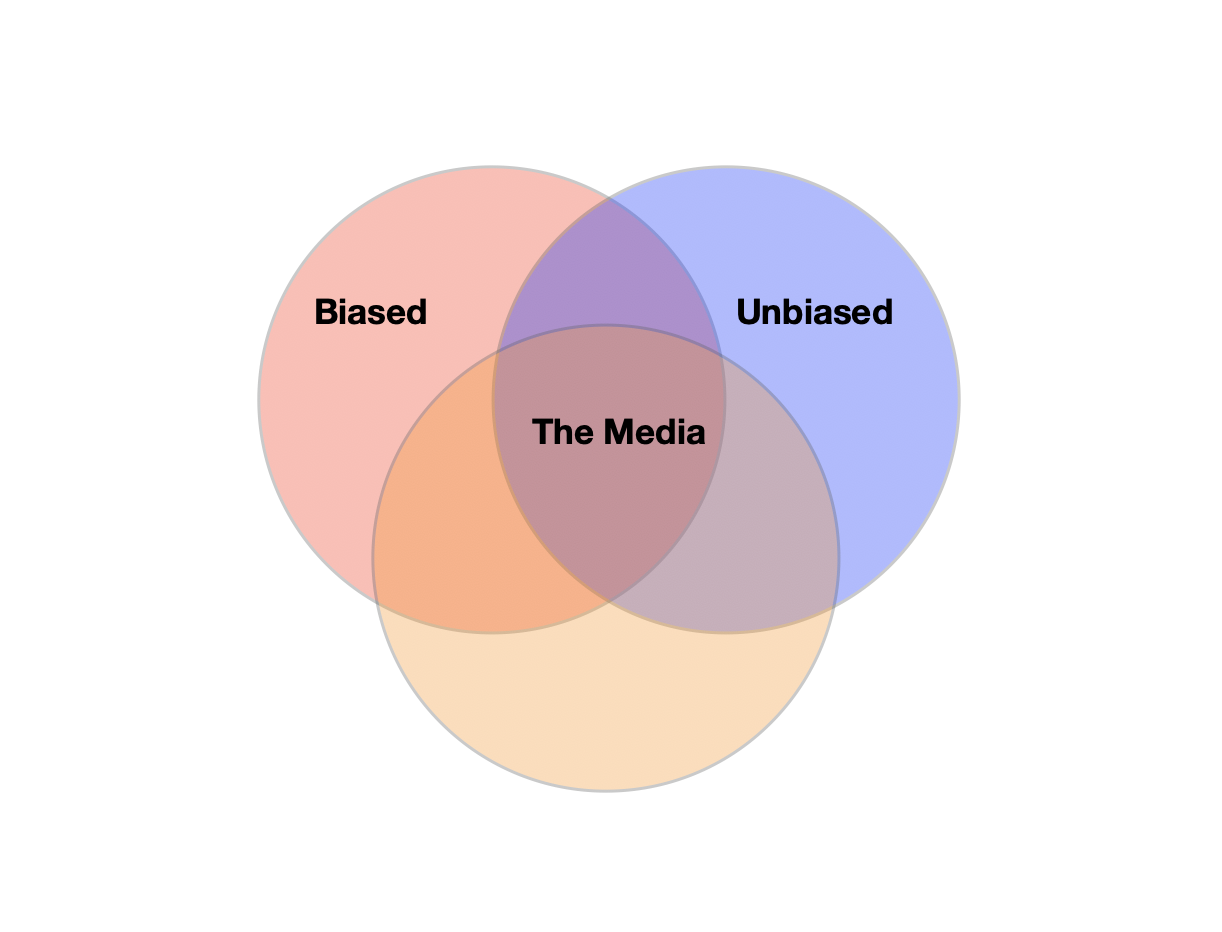
In a word no. This conclusion comes from actually working in newsrooms.
There’s bias out there for sure, but it largely exists at the extremes. Whereas a generation ago the north star for most news organizations was reporting facts, there are now many news organizations whose north star is a specific agenda. These are biased. They are also particularly loud and this makes media bias seem ubiquitous, but it is not.
While the media is a ready punching bag over bias, I think of the media as a mirror. It’s telling us what we want to know about. There’s little profit telling readers about things they are not interested in.
(Interestingly, the only news services not interested in profits are state news agencies, and we know what they are about. The profit motive, or lack thereof, would seem to be an intractable conflict.)
To see the mirror effect and the profit motive at work, consider the evolution of Bloomberg News. As the first all-digital news service, Bloomberg was able to tell through its terminals what stories their subscribers were reading with complete accuracy.
This capability became ubiquitous in the media, and more powerful, more granular and it has changed news reporting forever. Editorial meetings about what was in readers’ interest can be, and are now, in varying degrees, editorial meetings about how to deliver to readers more of what they’ve already demonstrated an interest in.
So is the media biased? No, not politically as much as is imagined, but also yes, in that it’s giving us more of what we’ve demonstrated we want. Ultimately, if we don’t like the media, we need only look in the mirror to find the cause of our discomfort.


